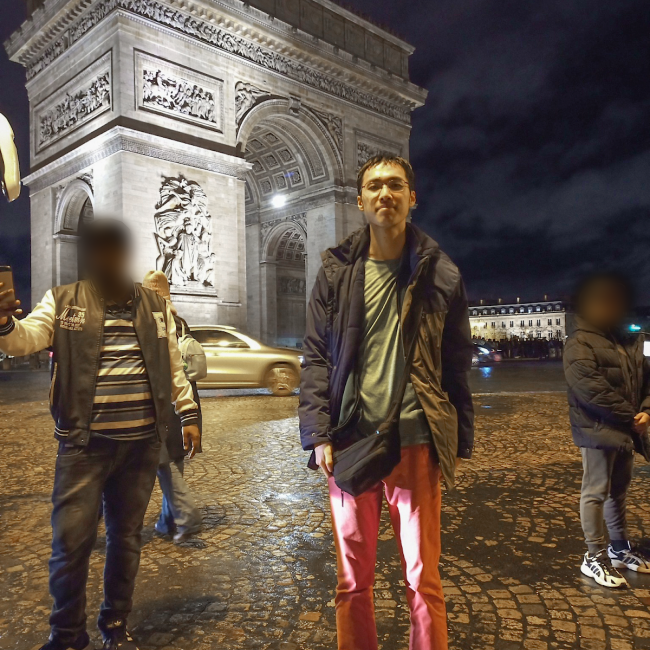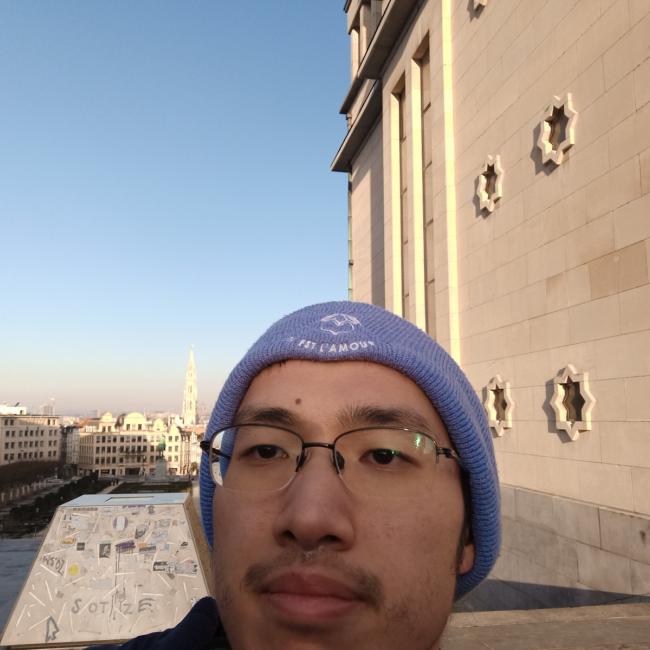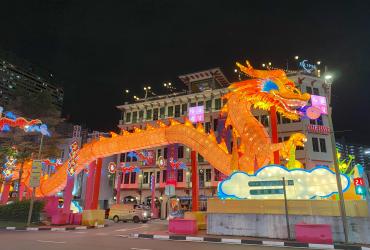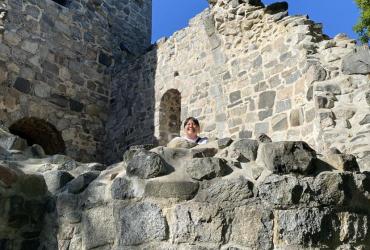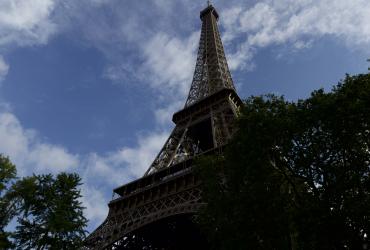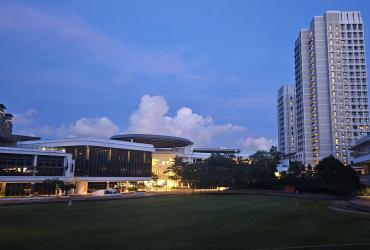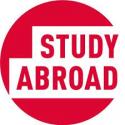Financial Preparation
I completed an estimate of the budget I would need based on my research of the living costs in Birmingham for all the everyday things. The living costs there are similar to Vancouver, but more expensive than in the far outer suburbs near Vancouver or in small towns here. Certain things are more expensive, while other things are cheaper. Overall I find Birmingham more expensive, as the prices tend to be higher in GBP than in Vancouver in CAD, plus the conversion rate between the two currencies, as GBP has much more value. I applied for 2 awards that helped me cover the costs of my exchange, and was awarded both: one was IMA which I was awarded $1000, and the other was the Global Skills Opportunity funded, EDI IMA, which I was awarded $8000.
Packing
The UK’s climate is similar to Vancouver, with similar monthly average temperatures. The weather there can change very quickly though, so it is wise to bring gear for all weather types. I checked the forecast for Birmingham when I was packing, and again just before leaving for the UK, in order to know what to pack and what clothing types to bring as carry-on. It took me 2-3 days to pack, after having a list of everything I needed to pack.
Travel and Transportation
I took a direct Air Canada flight from Vancouver to London, which was slightly over 8 hours. I was going to book a flight with layover in Chicago, however, I ended up booking this direct flight to London. The plane ticket was about $1300, as I booked it last minute. For cheaper airfares, book a flight with layovers.
I booked a shuttle bus organized by the uni to go to Heathrow to pick students up on arrival day. That shuttle bus was only available on certain days, and they only offer it in semester 1, and not semester 2. In order to book that shuttle, you need to arrive at either Heathrow Airport or Birmingham International Airport on one of those days where they have that shuttle bus. After arriving at Heathrow, I headed over to another terminal of the airport to meet my airport pickup team.
Within Birmingham, most students take either the bus or train as public transportation. The bus has £1 fare for travel within a certain zone which includes the uni and the city centre, which means if you’re a student, you can take the bus one-way between the uni and city centre for £1 with a valid student ID card. Alternatively, you can buy a day-pass for £4. If you take the train, you can buy a 16-25 Railcard if you’re between ages 16-25, which gives you ⅓ discount for rail travel throughout the UK. If you’re over 25, you can still get it if you’re a full-time student.
Preparation Tips for Future Students
- Pack a variety of clothing types, as the weather there can be variable
- As Birmingham is the UK’s 2nd largest city, you can easily find everything you may need there, so no need to pack too much, as if you ever need something, it won’t be too hard to find









